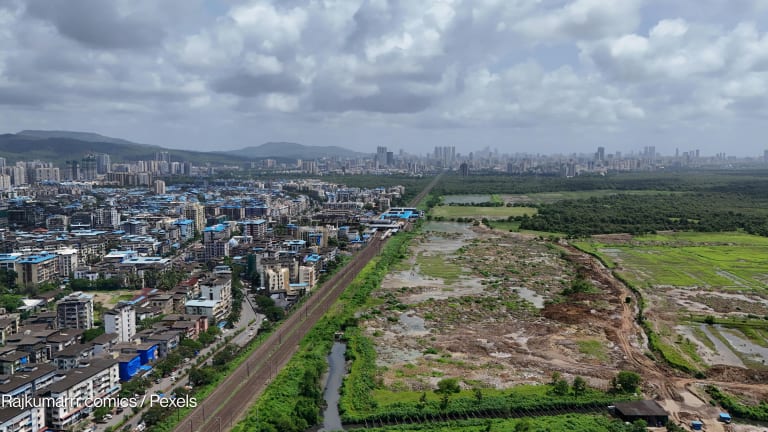The global development community must realize that “much of what we think about how the world works is increasingly wrong,” according to James Manyika, director of the McKinsey Global Institute and vice chair of the President’s Global Development Council.
Manyika is the author of a new book, “No Ordinary Disruption: The Four Global Forces Breaking All the Trends.” On Wednesday he joined New York Times foreign affairs columnist Tom Friedman in San Francisco to discuss those trends in a conversation hosted by the World Affairs Council.
Devex caught up with Manyika by email prior to the event, to dig deeper into what development professionals and organizations can do to harness trends, instead of combatting them.
Printing articles to share with others is a breach of our terms and conditions and copyright policy. Please use the sharing options on the left side of the article. Devex Pro members may share up to 10 articles per month using the Pro share tool ( ).
Search for articles
Most Read
- 1
- 2
- 3
- 4
- 5








